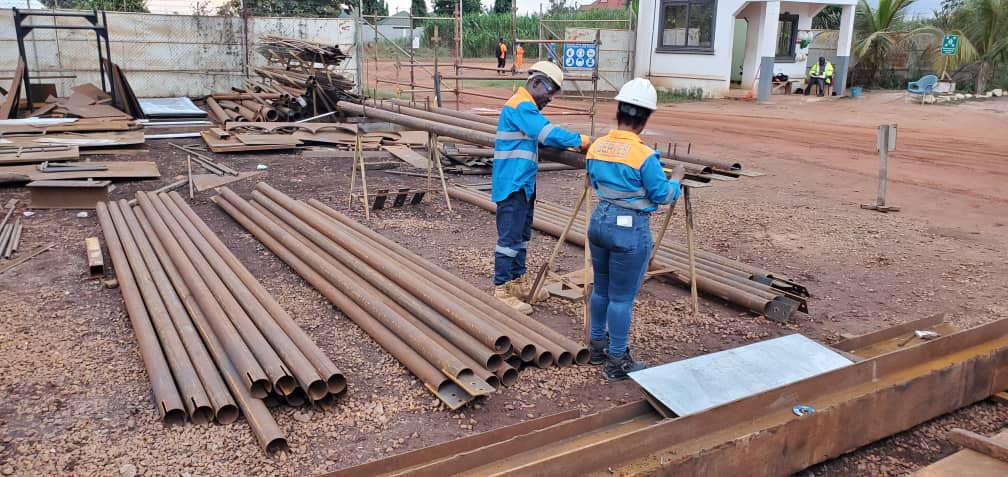Fabrication is a **core engineering process** that involves **cutting, shaping, assembling, and finishing raw materials** into functional products and structures. It is the backbone of industries ranging from **construction and manufacturing to aerospace and energy production**.
Why is Fabrication Important?
Fabrication is **essential for creating durable and precise structures** in engineering. It ensures:
- ⚙ **Customization** – Components can be made to exact specifications.
- 🏗 **Structural Strength** – High-quality fabrication ensures strong materials.
- 🔧 **Efficiency in Production** – Mass production of parts saves time and costs.
- 🚀 **Versatility** – Used in industries like automotive, aerospace, and construction.
Types of Fabrication Processes
There are several methods used in fabrication, each tailored for different engineering applications:
- 🔨 **Cutting** – Using lasers, water jets, or saws to cut materials.
- 🔩 **Welding & Joining** – Fusing metal components together.
- 🏗 **Forming & Bending** – Shaping metal sheets into required forms.
- 🛠 **Machining** – Using tools like lathes and mills for precise cutting.
- 🖌 **Coating & Finishing** – Applying protective layers to prevent corrosion.
Applications of Fabrication in Engineering
Fabrication is crucial in **various engineering sectors**, including:
- 🏗 **Construction** – Fabricated beams and frames support buildings.
- 🚗 **Automotive Industry** – Used in manufacturing vehicle bodies and parts.
- 🚀 **Aerospace Engineering** – Lightweight, high-strength materials for aircraft.
- 🔋 **Energy Sector** – Fabrication of pipelines and turbines.
Conclusion
Fabrication is a **vital process in engineering** that allows industries to create **strong, reliable, and efficient structures**. Whether in construction, manufacturing, or aerospace, **fabrication remains the foundation of innovation**.
